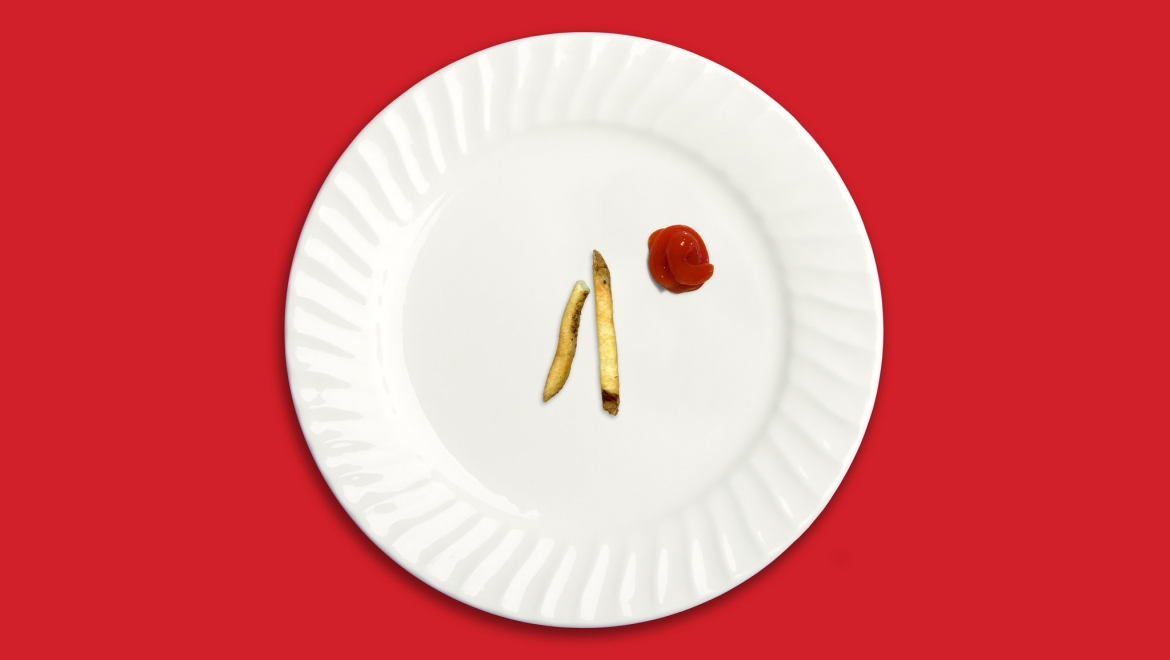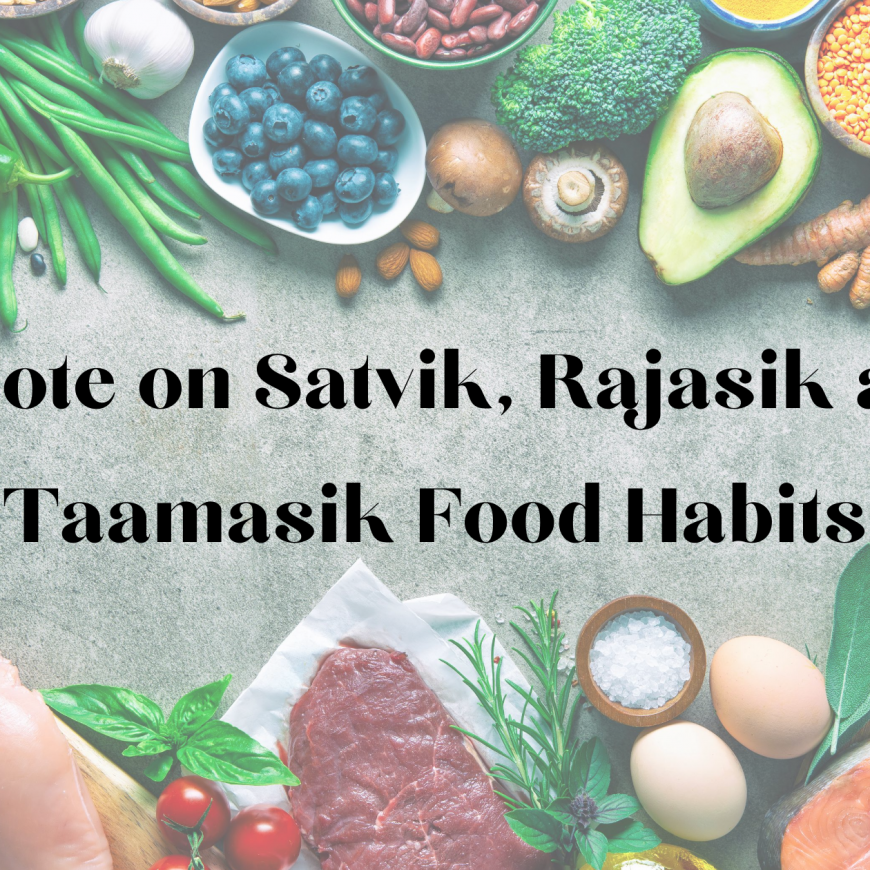What’s inside?
- Impact of eating habits on our health
- Balancing your diet
- How you can follow Mindful eating?
- What is the concept of Hara Hachi Bu – a Japanese practice of eating ?
- Benefits of mindful eating
- Ways of effective calories restriction
Right off the bat, it is important to emphasize that eating less here does not mean skipping meals or cutting down on food excessively. Rather, the goal here is to ask an important question – how many of us keep track of what, and how much we eat throughout the day?
While many pockets of the world continue to struggle with effective nutrition, calories galore. An average person today eats far too many calories than what may be actually needed. On top of that, most of these tend to be empty calories, devoid of productive nutrition or satiation of the stomach, instead merely indulging the taste buds. Over the decades, since the beginning of the new millennium, our eating habits have come more haphazard, uncontrolled, and unconscious. Junk and processed food has become staples, to the point that we think nothing of replacing a home cooked meal with a take out. Simultaneously, the thin ideal has been intensely perpetuated and normalized by fashion and now, social media, making only the perfectly toned and even dangerously skinny as acceptable and desirable. Those who do not conform to the physical norms are singled out, mocked, and seen as not paying attention to their health.
In between this increasing food consumption and stick-thin notions of body size, only one thing suffers – our health. Because the reality is, neither is blind consumption good for our body, nor is extreme diet and exercise. The best path to health lies in between, through a path of moderation where we look into our hunger and yes, our indulgences, but at the same time remain conscious of the quantity and quality of food that we intake.
In other words, what we need is mindful eating. Based on the buddhist concept of mindfulness, this technique involves effectively living in the moment, and thus paying attention to sensations, cues, and feelings that our body and the world around us creates. Thus, few major tenets of mindful eating includes –
- Eating slowly and focusing on the sensations that the food gives. Multiple, smaller helpings is much better than a large, over-stuffed serving.
- Distinguishing between real hunger and the desire to eat caused by other factors such as anxiety or boredom.
- Noticing the impact various types of food has on your functioning and feelings.
- Focusing less on calories and more on nutrition and satiation.
- Dealing with the connection food has with other issues, such as body image.
- Appreciating the quantity, quality, and variety of food that you eat.
Mindful eating is an important component of conscious living, a broad lifestyle choice that involves ‘waking up’, and actively taking in all that happens around you, and your reactions and feelings to it. Thus, it promotes greater clarity and appreciation, looking at the bigger picture, and helps in rooting decisions and actions on concrete observations and circumstances.
One major benefit of mindful eating is that you eat less – and according to studies, this may be the key to long term health[1]. The notion is not new, as it has been seen time and again that many Asian countries, in particular Japan, tend to have very high rates of living as compared to their western counterparts. The secret lies not just in healthier food (more of boiled and seafood as compared to saturated, junk food), but also portion control. You may already be well aware of Hara Hachi Bu, or the Japanese practice of eating only until you are 80% full. This practice of calorie restricting has been a part of the culture of Japan, particularly in the island of Okinawa, which has one of the highest number of centenarians in the world.
Now, western research has begun to catch up to the cultural concept of Hara Hachi Bu, with studies showing that maintained portion control being linked to longer life in a variety of animals, including rats and monkeys. With humans too, a 30% reduction in eating portions may boost longevity, while also ensuring that your health remains secure.
The interesting part is that while the benefits of calorie restriction have been increasingly observed, the mechanisms behind it are yet to be unraveled. Tentative answers have suggested that while extreme calorie restriction puts the metabolism on a slowdown, thus actually damaging the body (and weight loss goals), well-balanced calorie restriction can urge the body to make the best of what it is given, thus creating benefits.
While research is beginning to back up calorie restriction, it is not that easy to accomplish – after all, isn’t it just another fancy word for dieting? The answer is both yes and no. While both dieting and calorie restriction involve cutting down on what you eat, dieting focuses on one particular food group, and is often-time bound. Calorie restriction on the other hand means eating less as a whole, for all times.
Here are some ways you can engage in effective calorie restriction –
- Focus on quantity, quality, and variety. Instead of cutting down completely on just sugar products, focus instead on smaller portions that contain a mix of different types of food products.
- Calorie restriction cannot be, and should not be, achieved in a few days or weeks. Instead, develop a long-term plan that ensures that your body is able to adapt to changes effectively.
- Invest time and effort into your food – junk food is often tempting because it is so easy to come by. When you begin to make your own meals, you enjoy the effort that goes into them, and appreciate what you eat, thus helping you eat less too.
- While you focus on your calories, do not forget nutrition. Ensure that your body is getting all its vitamins and minerals. If you have health conditions or are at-risk for a particular vulnerability, ensure that your medical needs are being met by your diet.
While it may be a challenge, studies and longstanding cultural practices both have shown that conscious calorie restriction, when done properly, can yield a number of benefits, including physical longevity and health, to say nothing of the benefit it would do to your pocket. Thus, it surely seems worth a try.
[1] “The secret to a long and healthy life? Eat less – BBC Future.” 1 Jun. 2017, https://www.bbc.com/future/article/20170601-the-secret-to-a-long-and-healthy-life-eat-less. Accessed 22 Dec. 2019.





Add Comment